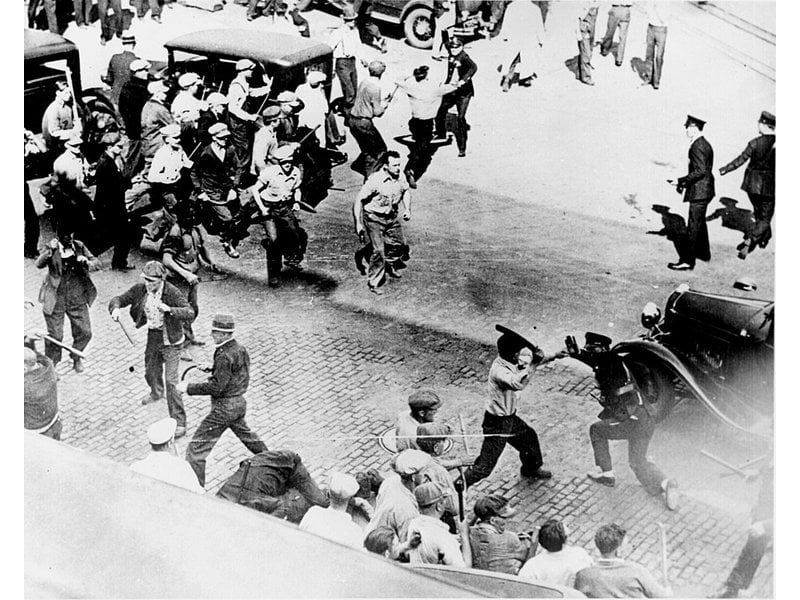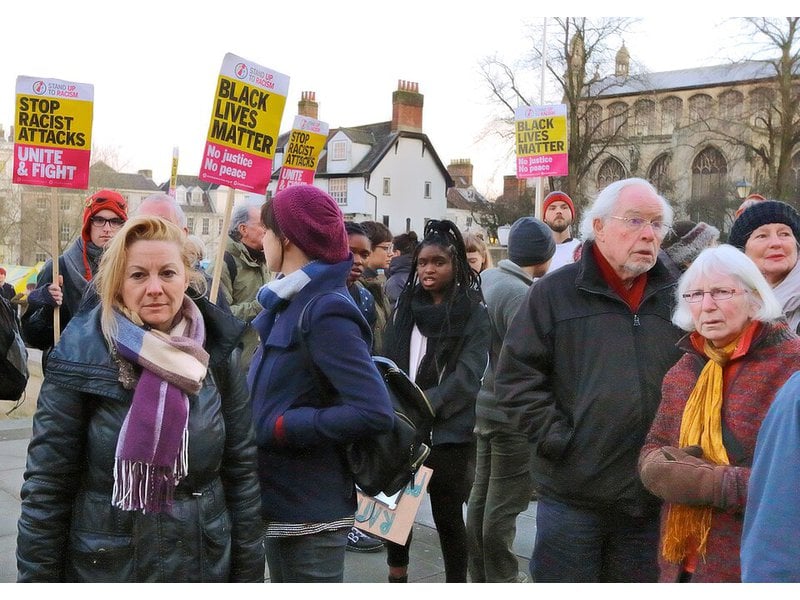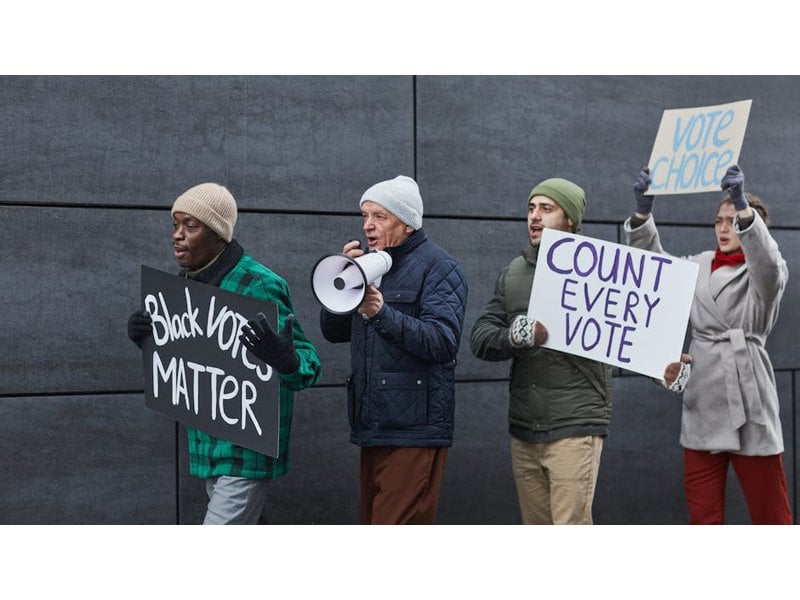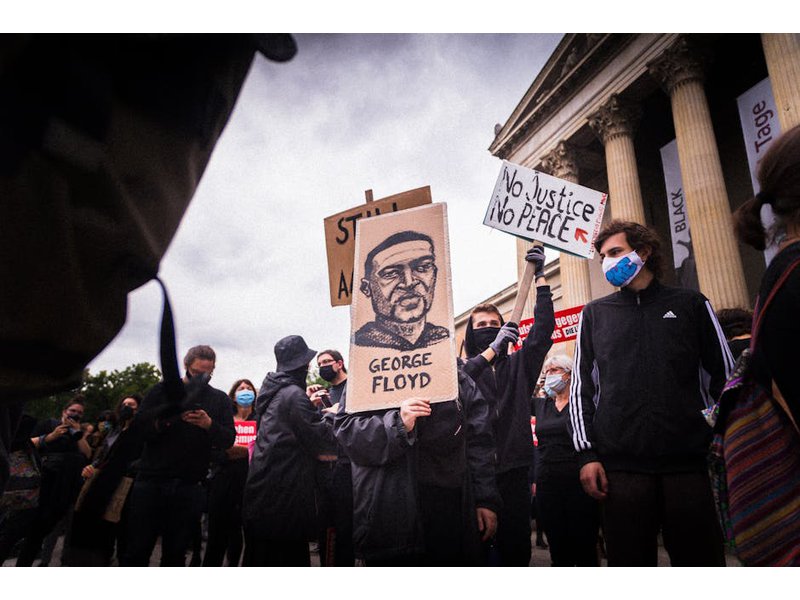116 generalised strike
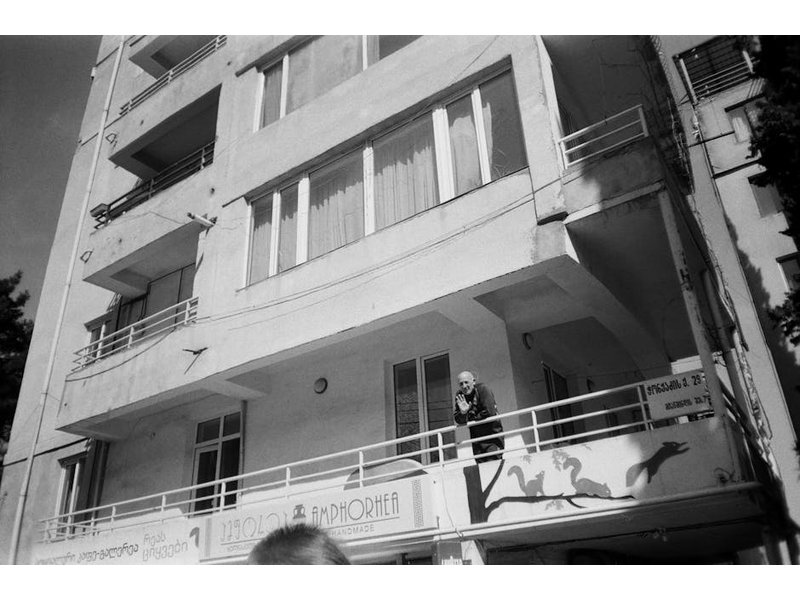
"When several industries are struck simultaneously as part of a general grievance but the strikers constitute less than a majority of the workers in the important industries of the area, the strike may be termed a generalized strike.109 For example, because of common involvement in government wage regulations and procedures, several industries may be struck simultaneously, as happened in the metal, textile, shoe, mining and building industries in Norway in 1926 and again in 1927, in protest against wage reductions; the Norwegian strikes in 1931 again involved several industries, including newspapers, breweries and the tobacco industry.110"...
Potentially problematic matches
High scoring campaigns using this method
Historical cases from the Nonviolent Action Database that used this method
Egyptians campaign for independence, 1919-1922
Egypt became a British protectorate on December 14, 1914. During World War I agitation towards the British increased as all sects of the population united in their discontent. British rule caused Egypt’s involvement in the war to increase – 1.5 milli...
German citizens defend democracy against Kapp Putsch, 1920
In March 1920, Walther von Lüttwitz, a commanding general in the German army, and Wolfgang Kapp, a German provincial official (with the help of a few other German officials, such as Chief of Staff, General Hans von Seeckt and his collaborators in the...
Bolivians win democratic control of the country's gas reserves, 2003-2005
Bolivia contains significant natural resources, but also has a long history of exploitation by foreign powers. One of these resources is natural gas. Just like the precious metals from Potosí, however, the gas was mostly exported (partially due to lo...
Polish shipyard workers' initiate regime change, 1970-71
In the face of a stagnating post-war economy, Polish Communist leader Władysław Gomułka, the First Secretary of the Polish United Workers’ Party (PZPR), decided to end government subsidies for food and other everyday items in late 1970. Although the ...
El Salvadorans bring down a dictator, 1944
In 1938, El Salvadoran president General Maximiliano Hernández Martínez proposed changing the country’s constitution so that he could continue holding his position beyond the end of his second term. When Martínez came to power in the early 1930s as a...
Cubans general strike to overthrow president, 1933
For two years prior to this campaign there was a violent struggle to oust dictator Gerardo Machado: running gun battles, bombings, political assassinations. The leading violent group agreed to a ceasefire in July 1933 to allow for mediation, but smal...
Haitians overthrow regime, 1984-1986
In 1957, Haitian elections put Francois “Papa Doc” Duvalier in power as “president-for-life.” When he died in 1971, his son, Jean-Claude “Baby Doc” Duvalier took over. There were no elections during either regime, and both presidents used force to ke...
Beninese campaign for economic justice and democracy, 1989-90
Benin gained its independence from France in 1960 and was then named Dahomey. Colonel Mathieu Kérékou took power of the country in a coup in 1972 and later renamed the country the People’s Republic of Benin, organized the economy under a Marxist-Leni...
Madagascar citizens force free elections, 1990-1992
Madagascar gained its independence from French colonialism in 1960 after nearly 70 years under French rule. Vice Admiral Didier Ratsiraka was sworn into office on December 21, 1975, after a military coup ousted president Philibert Tsiranana, who had ...
Confederation of Ethiopian Labour Union (CELU) general strikes for wages and union rights, 1974
For seven years prior to 1974 university students initiated protests against specific policies of the government of Emperor Haile Selaisse, protests which grew into a campaign for democracy. (See in this database "Ethiopian students protest against E...
Low scoring campaigns using this method
Historical cases from the Nonviolent Action Database that used this method
Austrian communist workers general strike for better wages, 1950
Following the conclusion of World War Two, Austria was separated from Germany and zones were created, each of which was controlled by one of the four allies (United States, United Kingdom, France, Soviet Union). Austria had a crippled economy because...
Tahitian labor unions general strike to protest economic hardship, 2010
Tahiti was first made into a French colony in 1880 and then, along with the rest of the Polynesian islands, became a French territory in 1946. Since then, Tahiti has been the economic center of French Polynesia.\n\nUnder the government of Charles de ...
El Salvadoran health care workers resist privatisation of health industry 1999-2000
Neo-liberalisation policies were central to the economic development plans of El Salvador since the 1980s. In the mid 1990s, the El Salvadoran government agreed to allow greater privatisation in basic social services in return for loans from the Worl...

